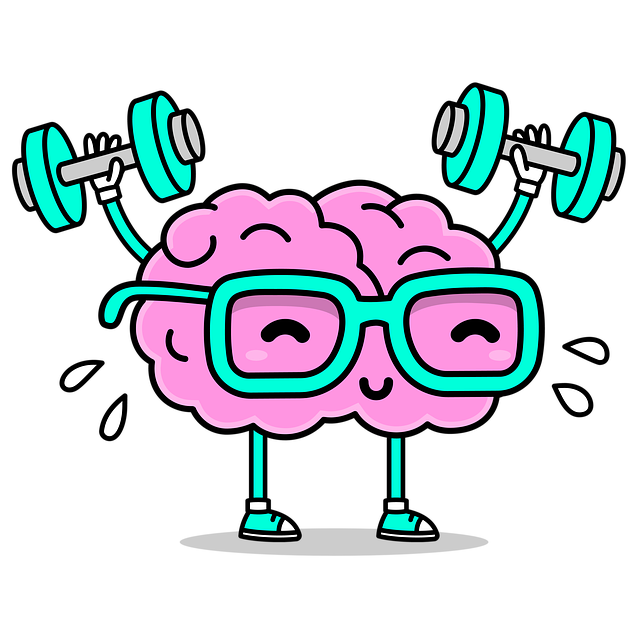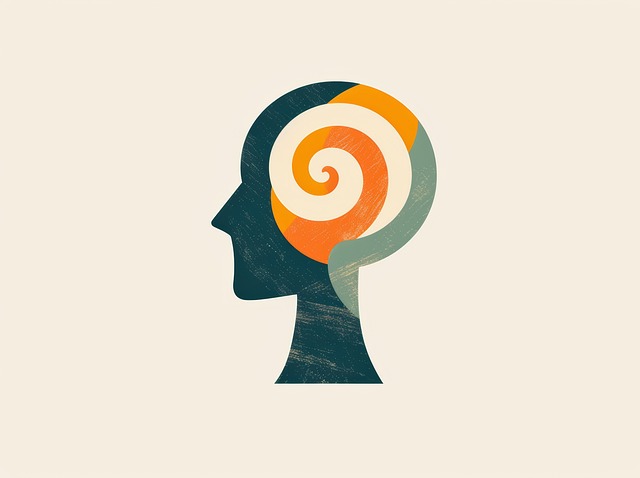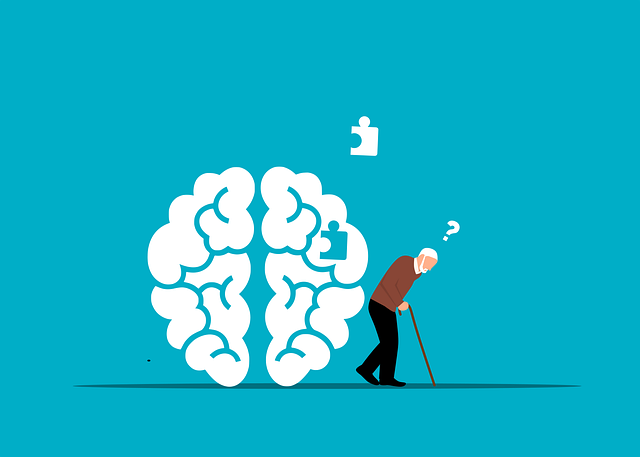In today's fast-paced world, mental wellness is a top priority, leading to increased demand for accessible therapy alternatives like the Littleton Trauma Therapy app. This innovative tool offers convenient support for anxiety, depression, and trauma through evidence-based practices like Compassion Cultivation Practices (CCP) and Conflict Resolution Techniques (CRT). By prioritizing data privacy and ethical design, including end-to-end encryption and transparent data policies, the app ensures a safe digital space for users' mental health journeys.
In today’s digital age, mental wellness apps are becoming indispensable tools for promoting Littleton Trauma Therapy. This article explores the growing need for these applications, highlighting their potential to reach a wide audience and provide accessible support. We delve into developing effective features tailored for Littleton Trauma Therapy, focusing on strategies to enhance user engagement and therapeutic outcomes. Additionally, privacy and ethical considerations in app design are addressed, ensuring users’ sensitive information remains secure.
- Understanding the Need for Mental Wellness Apps
- Developing Effective Features for Littleton Trauma Therapy Apps
- Ensuring Privacy and Ethical Considerations in App Design
Understanding the Need for Mental Wellness Apps

In today’s fast-paced world, mental wellness has become a paramount concern for individuals across various demographics. The demand for accessible and effective therapy options has never been higher, especially considering the rising rates of anxiety, depression, and trauma. Traditional face-to-face therapy sessions are not always feasible or appealing to many, which is where mental wellness apps like Littleton Trauma Therapy step in. These innovative tools offer a convenient and discreet way to address emotional health challenges, making professional support more accessible to those who need it.
Littleton Trauma Therapy and similar applications focus on providing users with evidence-based practices tailored to their unique needs. By integrating Stress Reduction Methods, Emotional Regulation techniques, and Self-Care Practices, these apps empower individuals to take charge of their mental wellness. With features like guided meditations, cognitive behavioral therapy exercises, and mood tracking, users can develop healthy coping mechanisms, enhance self-awareness, and ultimately improve their overall well-being.
Developing Effective Features for Littleton Trauma Therapy Apps

In the realm of Littleton Trauma Therapy app development, creating effective features involves integrating evidence-based practices that cater to the unique needs of users navigating trauma. One key component is incorporating Compassion Cultivation Practices (CCP), such as mindfulness exercises and loving-kindness meditation, which have been shown to reduce symptoms of anxiety and depression while fostering emotional resilience. These practices not only help users develop a sense of inner calm but also promote healthy coping mechanisms, enabling them to better manage traumatic memories and emotions.
Additionally, including Conflict Resolution Techniques (CRT) within the app can significantly enhance its therapeutic value. By teaching users effective communication strategies and providing safe spaces for emotional expression, CRT empowers individuals to resolve internal conflicts arising from traumatic experiences. This, in turn, supports Burnout Prevention efforts by equipping users with tools to manage stress, maintain self-care routines, and cultivate a sense of balance in their lives. Such features collectively contribute to the app’s effectiveness in promoting mental wellness among users engaging in Littleton Trauma Therapy.
Ensuring Privacy and Ethical Considerations in App Design

In the realm of mental wellness app development, privacy and ethical considerations are paramount, especially when addressing sensitive topics like Littleton Trauma Therapy. As users share intimate details about their emotional well-being, it’s crucial to implement robust data protection measures. This includes end-to-end encryption for all communications, secure storage of personal information, and transparent data usage policies that educate users on how their data is collected, stored, and shared.
App designers must also prioritize ethical guidelines, ensuring features like mindfulness meditation and confidence-boosting exercises are evidence-based and offered with a clear understanding of potential limitations. Burnout prevention strategies should be tailored to avoid exacerbating existing conditions. By adhering to these principles, developers contribute to creating a safe digital environment that fosters genuine support for users’ mental health journeys.
Mental wellness apps, particularly those focused on Littleton Trauma Therapy, have the potential to significantly impact global mental health. By understanding user needs, incorporating effective features, and adhering to strict privacy and ethical guidelines, developers can create tools that foster healing and resilience. As technology continues to advance, it’s essential to ensure these apps not only meet current demands but also adapt to evolving psychological landscapes, ultimately enhancing access to quality care for individuals worldwide.














